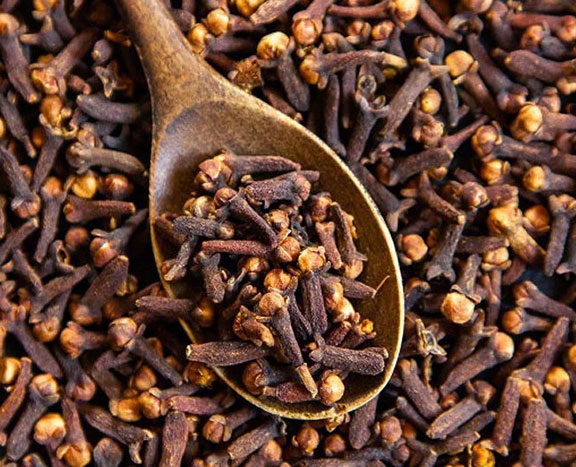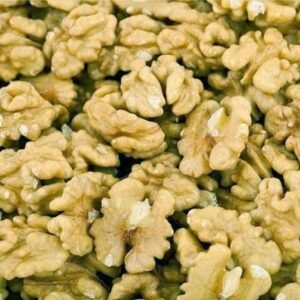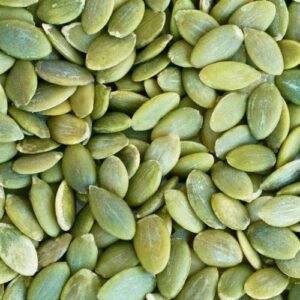Indonesia Sets Ambitious Plan to Make North Maluku the World’s Spice Capital Again
Indonesia has announced a bold plan to restore its historic spice dominance by transforming North Maluku into a global spice hub. The initiative was unveiled by Agriculture Minister Andi Amran Sulaiman during a coordination meeting in Ternate on October 28, where he outlined a strategy centred on plantation downstreaming and industrialisation.
Sulaiman highlighted that North Maluku possesses exceptional potential to lead the development of high-value spice and plantation commodities such as nutmeg, cloves, and coconut — products that once made the region the heart of world trade during the colonial era.
“Indonesia once drew European powers like Portugal and the Netherlands for its spices,” the minister said. “Now, through innovation and value-added processing, we are determined to reclaim that legacy. Maluku and North Maluku must rise again as the world’s spice centre.”
The programme aligns with President Prabowo Subianto’s directive to boost agricultural downstreaming. The government has allocated 371 trillion IDR (21 billion USD) in investment for strategic plantation commodities across the country.
As part of the plan, coconut plantation support in North Maluku has been expanded from 10,000 to 15,000 hectares. This forms part of a wider national initiative covering 14 key plantation commodities, expected to generate 8.6 million jobs.
Sulaiman noted that Indonesia currently earns 24 trillion IDR from coconut exports, but this figure could increase 100-fold — up to 2,400 trillion IDR (150 billion USD) — with large-scale processing into high-demand products like coconut milk and oil.
He also called for rapid development of nutmeg and clove processing industries, stressing that exporting raw materials only enriches other nations. “The future lies in downstreaming, not shipping raw products,” he said.




